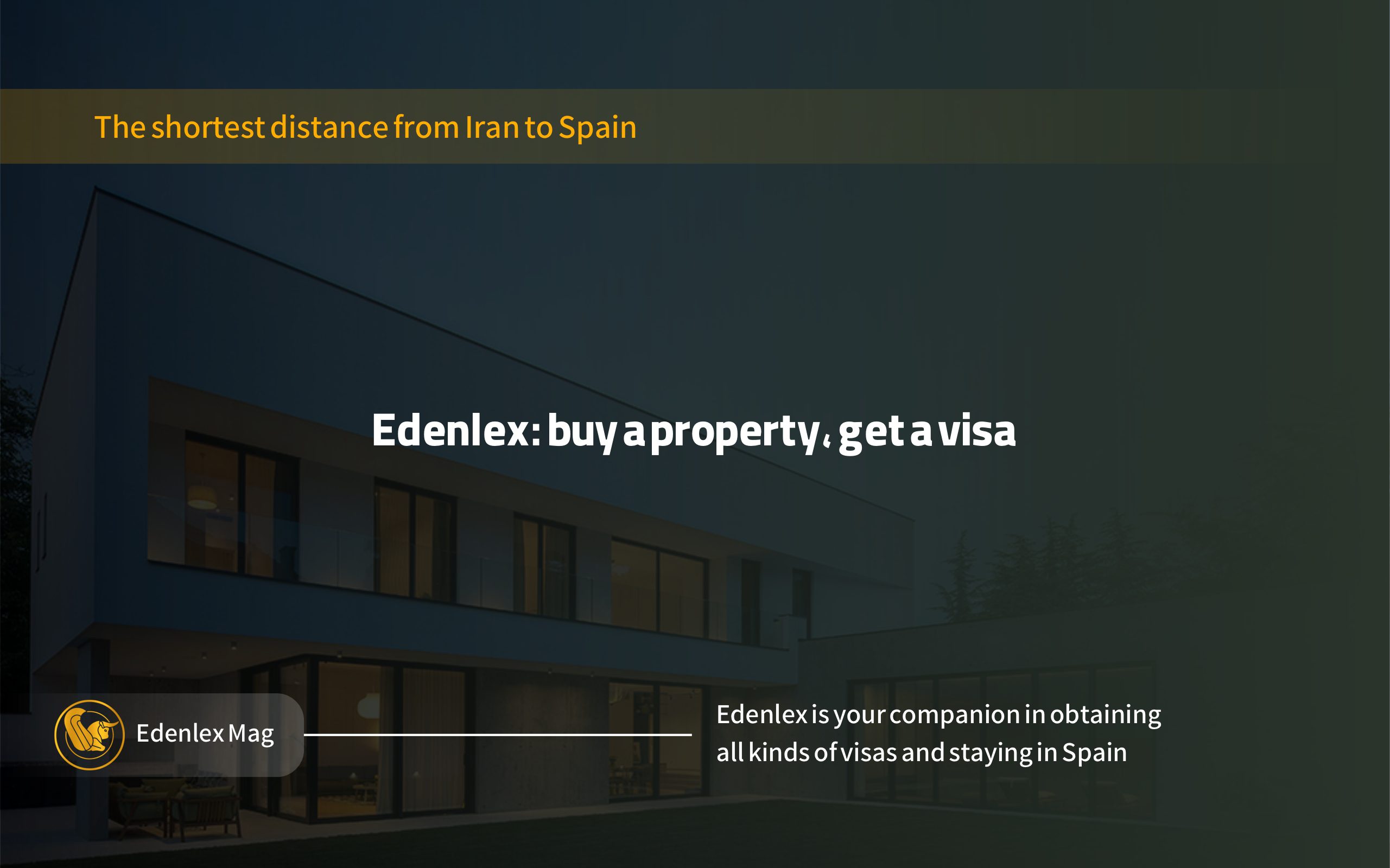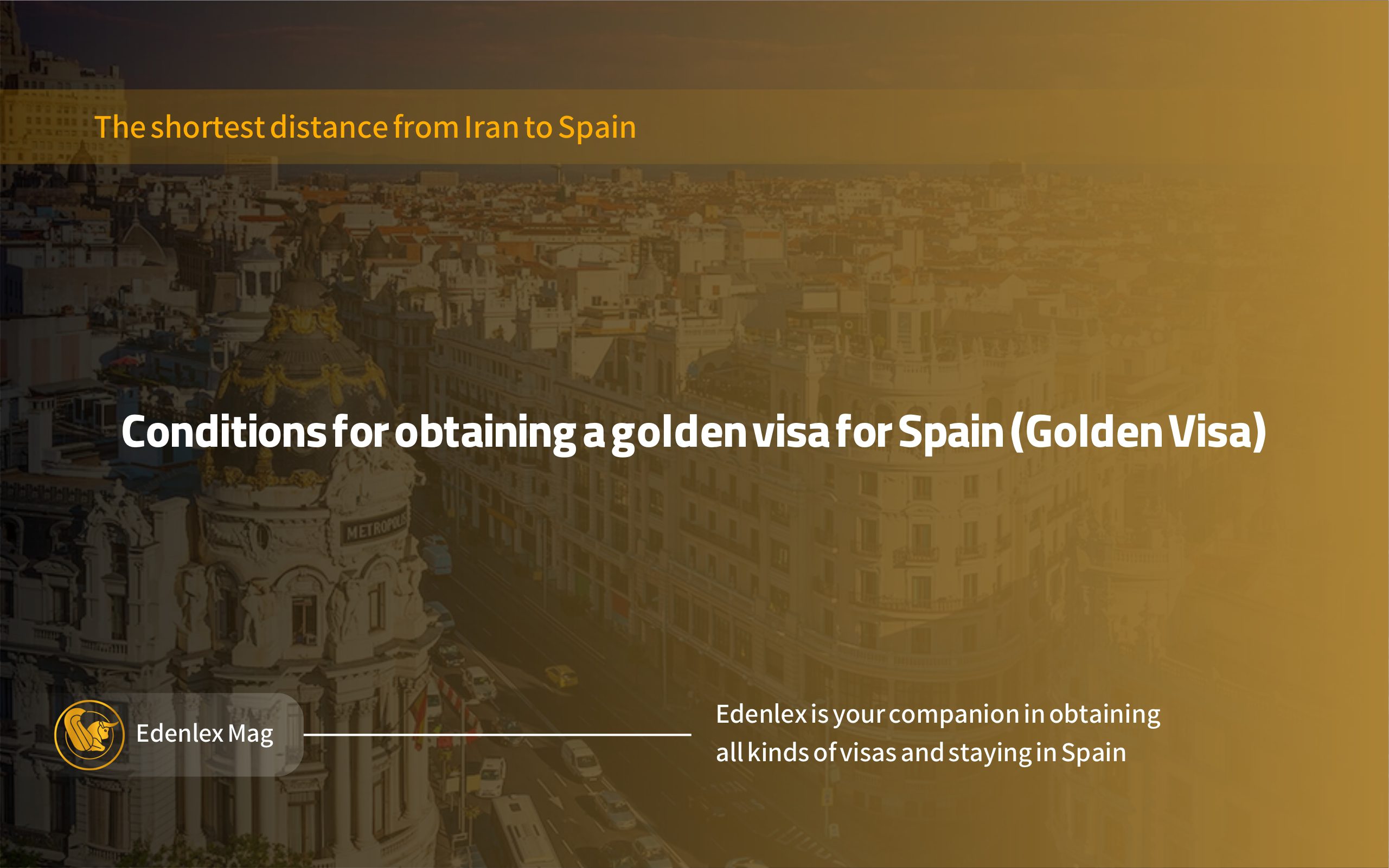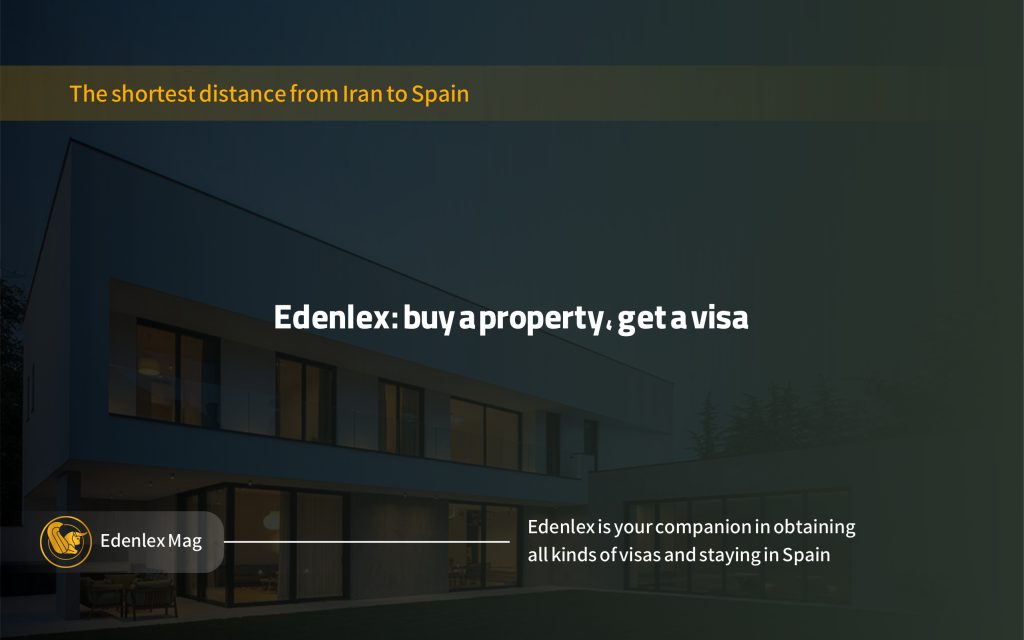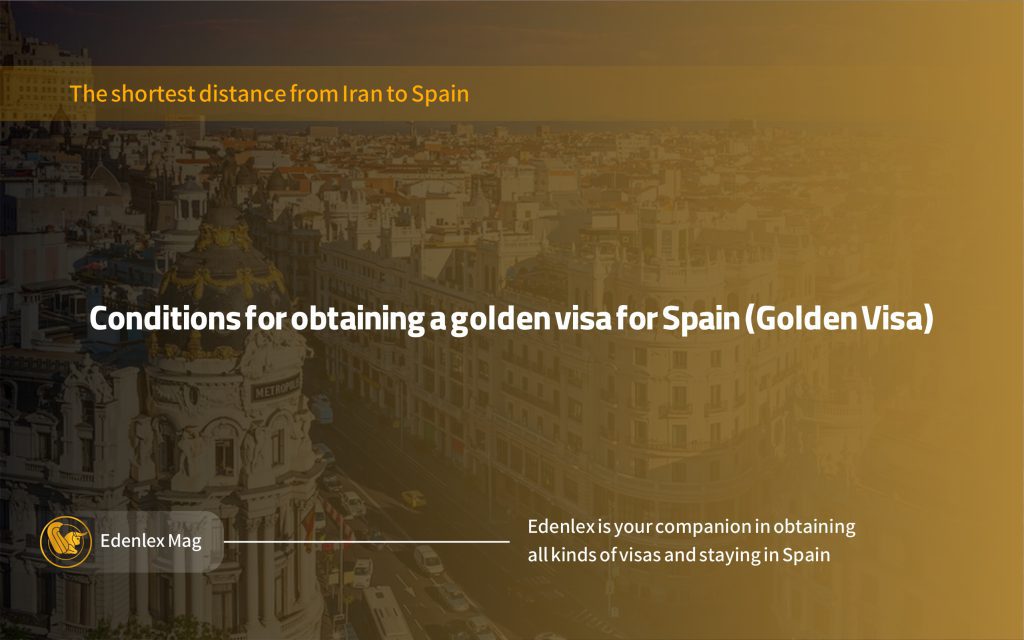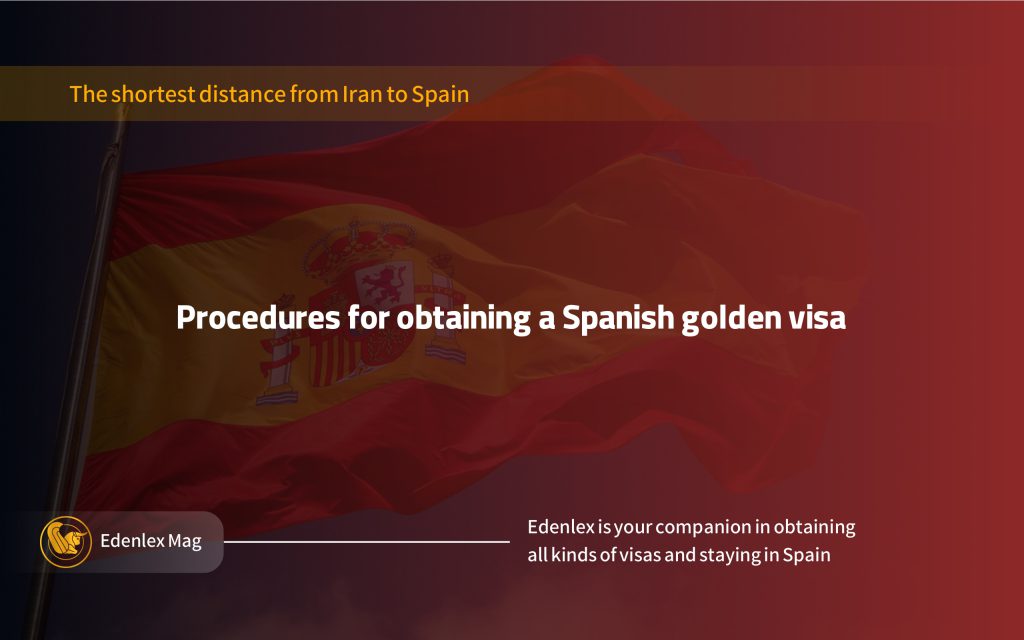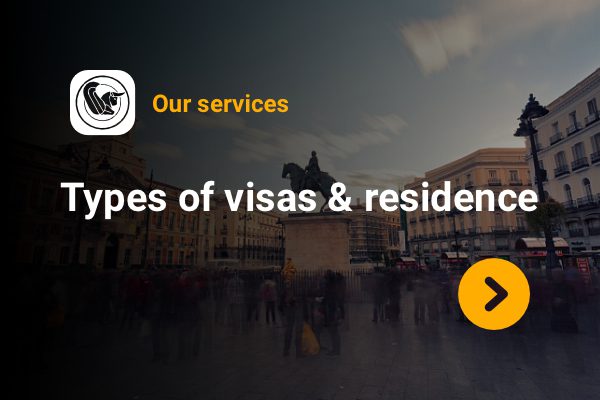About Spain
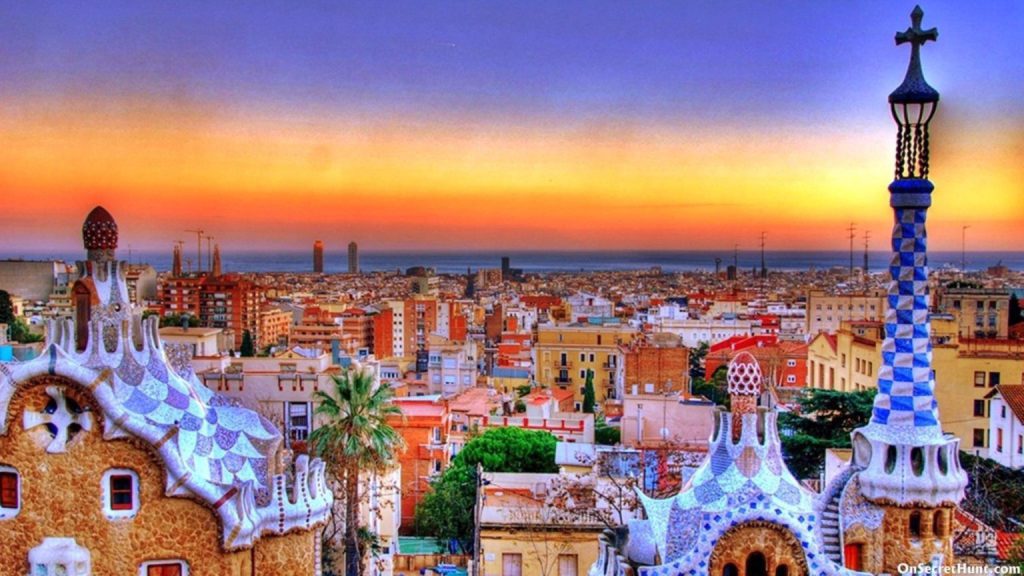
Spain is an independent country located on the Iberian Peninsula in Western Europe and is a member of the European Union. It has a democratic monarchy with King Felipe VI as its monarch and Pedro Sánchez as its Prime Minister. Spain has a population of approximately 47 million people, and its official language is Spanish. Spanish is the second most widely spoken language globally, with around 483 million native speakers worldwide. The currency of Spain is the Euro, which became the official currency after its entry into the European Union in 2002. Spain encompasses several notable islands, including Ibiza, the Canary Islands, and Mallorca. It is a mountainous country, with plateaus and tall mountain ranges covering its landscape. The climate in Spain varies significantly across different regions, ranging from hot and dry to semi-arid and oceanic. Due to its favorable climate, many people from Northern Europe and the Americas choose to migrate to Spain for a comfortable life.
Economy of Spain
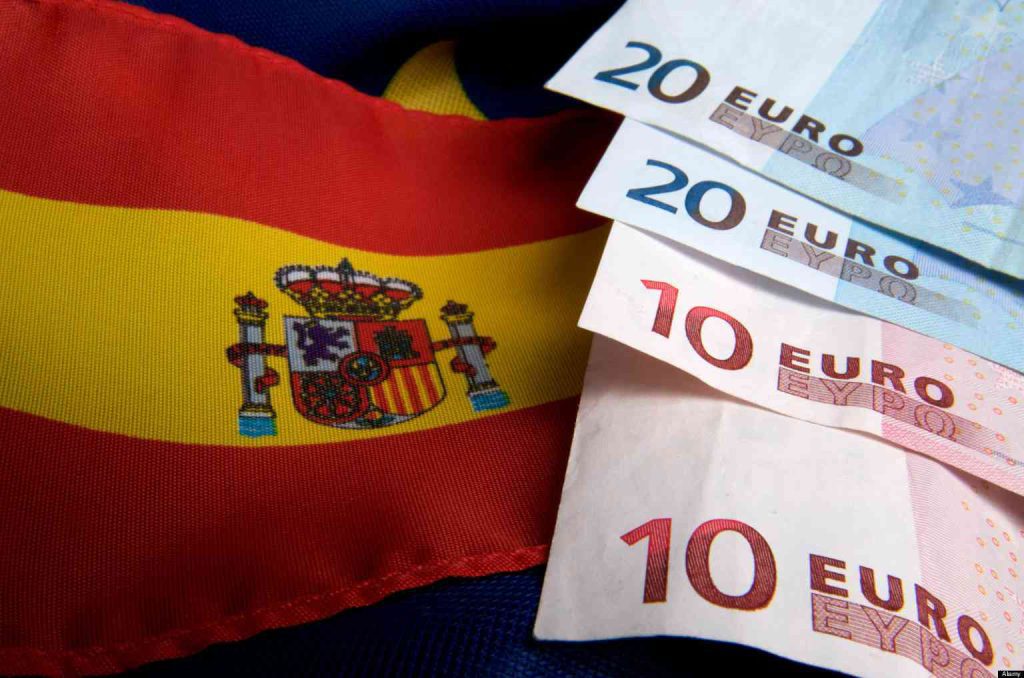
Spain’s economy follows a mixed capitalist system and ranks as the 13th largest economy in the world, the 5th largest economy in the European Union, and the 4th largest economy in the Eurozone. In the early 1990s, several Spanish companies transformed into multinational corporations. Most of these companies focused their activities in Latin American countries. Currently, Spain is the largest foreign investor in Latin America after the United States. Some Spanish companies have also expanded their operations to Asia, particularly in India and China. This global expansion positions Spain competitively against its European neighbors.
According to research conducted in 2005, Spain ranks among the top 10 countries in terms of quality of life, surpassing countries like France, Germany, the United Kingdom, and South Korea. Over the past four decades, Spain’s tourism industry has experienced significant progress, making it the second-largest tourism industry in the world. It’s worth noting that Spain also holds the top position globally in terms of tourism infrastructure.
Culture of Spain

Spain is considered one of the most culturally rich countries in the world, particularly in Europe. It has witnessed a remarkable increase in events and festivals in various fields such as art, cinema, architecture, music, dance, and gastronomy. Every year, in addition to domestic celebrations and festivals, a significant number of international events are held in different parts of the country, especially in Barcelona and Madrid. From a historical perspective, Spain is associated with great figures such as Antoni Gaudí, Pablo Picasso, Salvador Dalí, Miguel de Cervantes, and Paco de Lucía.
Types of Visa/Residency in Spain
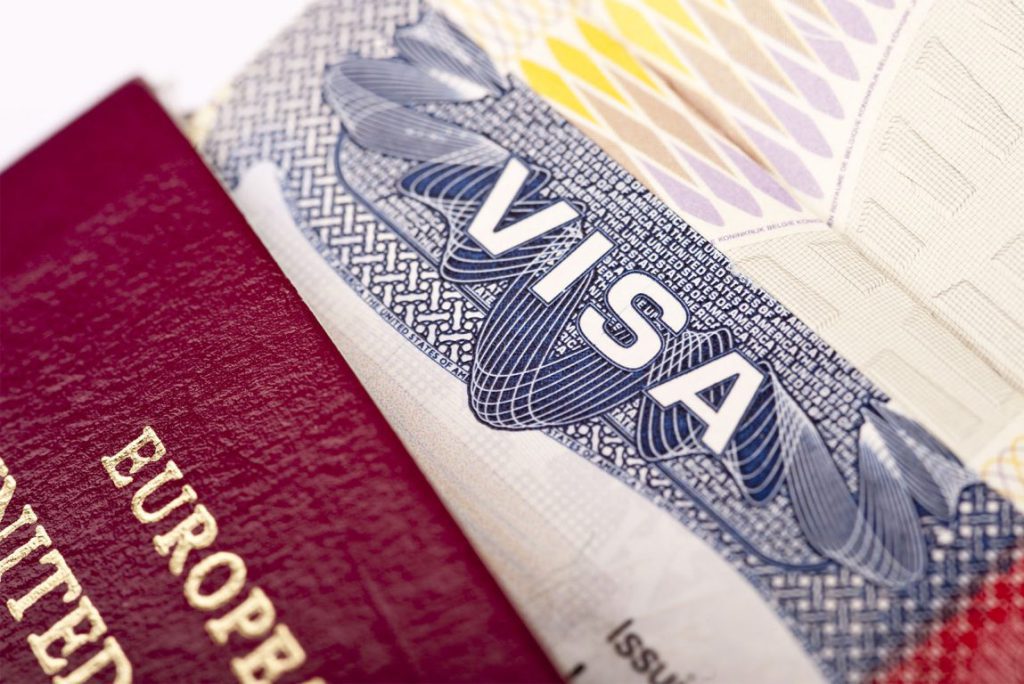
One of the reasons for Spain’s economic growth has been its ability to attract investment, creating incentives for individuals worldwide who seek to invest and generate income in the country. Moreover, the prospect of living in a high cultural and climatic environment and enjoying social and healthcare standards of global excellence has become a realized dream for many individuals. In this regard, the Spanish government has provided various types of residence options for these individuals, including the Golden Visa (through investment and property purchase), non-lucrative visa, digital nomad visa, and student visa. These options have been made available to facilitate their aspirations and provide a pathway to comfortable and prosperous living in Spain.
Golden Visa in Spain

The residence program known as the Golden Visa is obtained through a minimum investment of €500,000 in Spain. This investment can be made through various methods, such as purchasing residential, commercial, or office properties, or through other investment options. The initial residence permit obtained through this program is valid for three years and can be extended for an additional two years, allowing for permanent residency and even the acquisition of Spanish citizenship and passport. The Golden Visa program, as its name suggests, offers one of the most convenient ways to live in Spain, eliminating residency concerns while providing the opportunity for a prosperous and hassle-free life.
With the assistance of specialized real estate consultants at Edenlex, you can explore income-generating opportunities through your properties in Spain.
Non-Lucrative Visa in Spain

The type of residence permit you are referring to is known as the Non-Lucrative Visa, which can be obtained by demonstrating your financial capability. After reviewing your documentation to prove your financial capacity, such as income from various legal sources like property rentals, dividends from company shares and securities, bank deposit interest, and any other verifiable legal income, you can receive this residence permit. Once you obtain this permit, you must spend a minimum of 6 months (183 days) per year in Spanish territory. One of the advantages of this residence permit is that it can be converted into other types of permits, including permits with work authorization. The initial residence card you receive is valid for 1 year, and after that, you can renew it twice for 2-year periods. In total, after 5 years of holding the permanent residence card, you can apply for Spanish citizenship and passport.
Advantages of Non-Lucrative Visa in Spain
One of the advantages of these types of residence permits is that you can bring your spouse and children with you to Spain and even obtain residence permits for them as well. Additionally, with your residence card, you can travel to all Schengen member countries such as France, Italy, Germany, Denmark, Sweden, Norway, and others without a visa and without any issues. Simply purchase your flight ticket and board the plane. Furthermore, you and your children will have access to free healthcare services and educational facilities provided by the government.
Student Visa in Spain

Indeed, one of the simplest and most cost-effective ways to migrate to Spain is through a student visa, which requires neither investment nor long-term financial proof. Simply choose your desired field of study, obtain admission, and apply for a student visa with the invitation letter provided to you. The student visa allows you to work up to 30 hours per week to cover your daily expenses. The advantage of this visa is that you can travel to all Schengen countries in Europe without any restrictions.
The cost of education varies depending on the field of study and the university, college, or other educational institutions of your choice. Generally, for bachelor’s degrees, the annual tuition fees range from 1,000 to 4,000 euros, for master’s degrees it ranges from 2,000 to 5,000 euros, and doctoral programs are usually tuition-free.
Digital Nomad Visa in Spain

In 2013, the Spanish government introduced the Entrepreneur Law, a set of regulations aimed at attracting foreign talent and investment to Spain. It facilitated various types of residence permits, including the Entrepreneur Residence Permit, Golden Visa, and many other types of permits. With a similar motivation and a strong focus on startups, talent, and innovation, the government has now introduced a new law that allows applicants to provide their services and activities online without being physically present at the employing company.
For more information, click here.
Educational System in Spain

One of the concerns and common questions for those immigrating to Spain is about their children’s education. The Spanish education system, like any other country, operates according to its own specific laws and regulations. Education in Spain is divided into six levels:
- Preschool (Educación Infantil): From 16 weeks to 3 years old.
- Early Childhood Education (Educación Infantil): From 3 to 6 years old.
- Primary Education (Educación Primaria): From 6 to 12 years old.
- Compulsory Secondary Education (Educación Secundaria Obligatoria): From 12 to 16 years old.
- Baccalaureate (Bachillerato): From 16 to 18 years old.
- Vocational Training (Formación Profesional or FP): From 16 to 18 years old.
Attendance in preschool and early childhood education is not mandatory in Spain. However, education becomes compulsory from the age of 6, starting with primary education. Education in Spain is mandatory until the completion of compulsory secondary education, which is until the age of 16. After successfully completing compulsory secondary education, if students intend to continue their studies at a university, they must continue for two years in a high school program called “Bachillerato” conducted in the Spanish language. If students do not plan to pursue university studies and wish to enter the job market sooner, they can choose vocational training programs (Formación Profesional or FP). These programs typically last for two years and sometimes four years for advanced courses.
Since education in Spain is compulsory for children from 6 to 16 years old, children of foreign families are not exempt from these requirements. In other words, presenting legal residence documentation is not mandatory for enrolling children in Spanish schools.
Healthcare in Spain

One of the main reasons people migrate to Spain from around the world is the standards and quality of healthcare services in the country. Public healthcare services in Spain are free, and these services are available to everyone through the obtained residency permits. For every 250 people in Spain, there is one doctor, which has contributed to making Spain’s healthcare system one of the fastest in terms of accessibility for its citizens and residents. Additionally, most prescribed medications are either free or come with over 95% discount, which practically makes them almost free of charge.
Costs of Living in Spain

The cost of living in Spain is significantly lower compared to many other European countries, making it highly worthwhile, especially considering the good quality of life it offers. Spain is renowned for its low cost of living, attracting hundreds of thousands of international students, immigrants, and millions of tourists each year. For instance, dining out at a restaurant can cost between 10 to 20 euros per person, which is even cost-effective compared to living expenses in most supposedly cheaper countries. You can obtain a monthly average transportation card for around 20 euros and enjoy unlimited access to public transportation. Renting a two-bedroom apartment can start from as low as 800 euros per month, although prices can vary depending on the desired housing features. In Spain, you can buy all the necessary groceries from chain supermarkets with a monthly budget ranging from 100 to 150 euros per person. The average utility bills for water, electricity, gas, and internet combined are usually less than 200 euros per month, although it can vary based on consumption and service providers.
Need More Guidance? Contact Us. It's free!
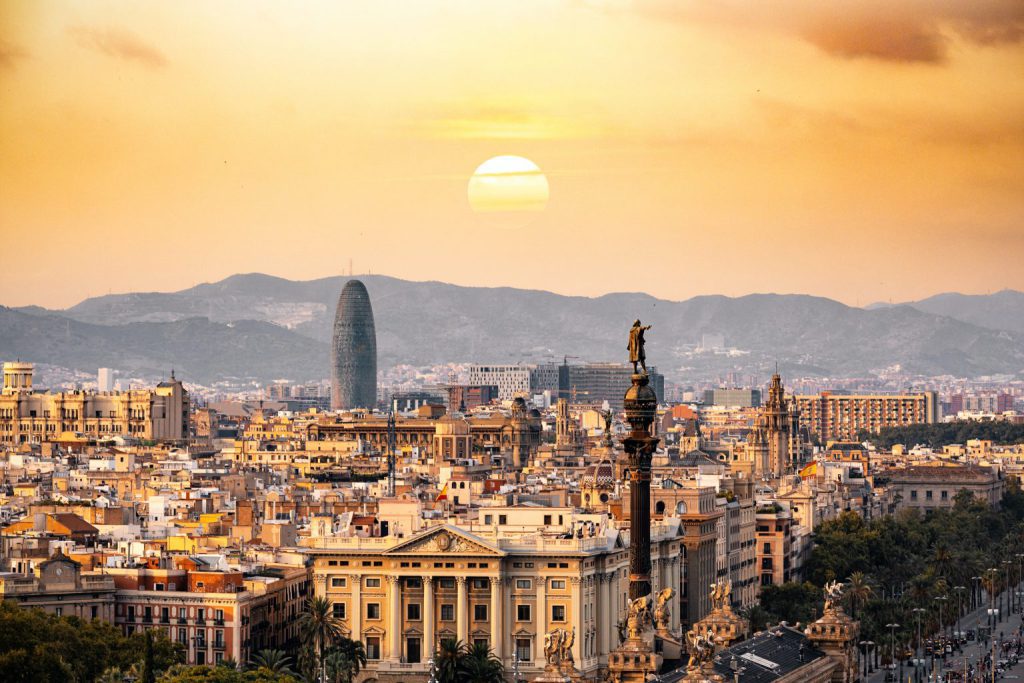
For any inquiries, consultations, or guidance regarding Spanish visas and the process of obtaining residency in Spain, you can reach out to our offices in Barcelona. You can fill out the form located at the bottom of this page, or alternatively, you can contact us via email, WhatsApp, or Instagram. We are here to assist you and provide the necessary support throughout your visa and residency journey.
Address: Av Diagonal 626, 4º 1ª A, Barcelona, Spain
Phone/WhatsApp: +34623486944
Email: office@edenlex.com
Instagram: Edenlex.Spain



